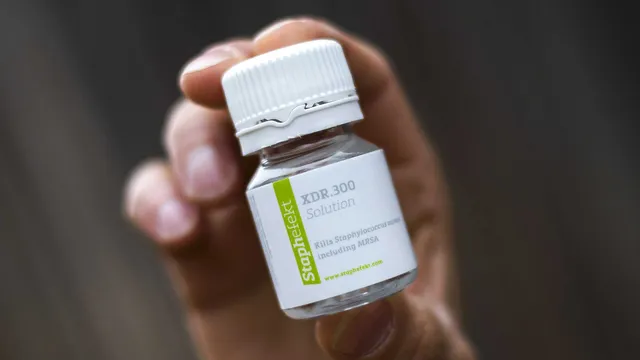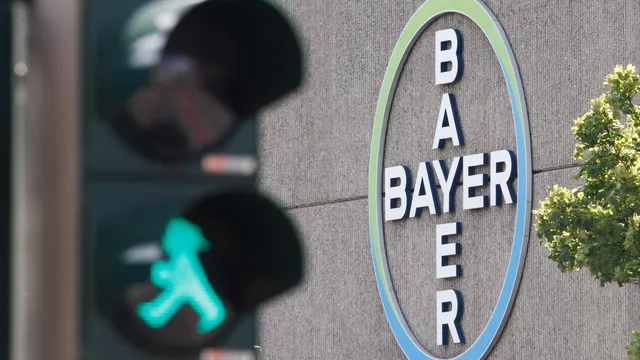Benjamin Franklin once jokingly stated that there are only two certainties in life: death and taxes. For many men, however, a third is added – baldness, reported The National News.
In June, Pelage Pharmaceuticals announced “positive results” from phase 2a clinical trials of the drug PP405, aimed at combating male baldness and hair thinning in women. The drug is designed to “reactivate dormant stem cells in hair follicles” and could potentially become the “first of its kind” treatment for both men and women, the company said.
“This could go beyond merely slowing hair loss and directly stimulate the regeneration of hair follicles,” explained Dr. Christina Weng, Chief Medical Officer at Pelage Pharmaceuticals. “As we move into the next stage of clinical development, our focus remains on a scientifically backed solution that works for everyone.”
The trials involved 78 participants – men and women who applied the drug or a placebo to their scalp once daily for four weeks. Results showed that nearly one-third of men with more significant hair loss experienced a 20% or greater increase in hair density. No improvement was observed in the placebo group. Pelage Pharmaceuticals highlighted that the drug’s ability to stimulate hair growth in previously bald areas is particularly significant.
PP405 was developed by researchers at the University of California, Los Angeles (UCLA) and works through chemical reactions in cells. Male baldness is largely genetically determined, although environmental factors also play a role. In some men, it begins as early as the late teenage years and progresses with age.
A U.S. study shows that 16% of men aged 18–29 experience “moderate to severe” hair loss, while the figure rises to 53% among 40-year-olds. Over a lifetime, about 80% of men will encounter hair loss. Among women, hair thinning affects roughly 40%.
Dr. Bharat Panchania from the University of Exeter notes that some drugs already stimulate hair follicles to “wake up and start functioning again,” but a true cure is still lacking. The most effective treatment remains hair transplantation, according to a 2023 study, which also notes that current medications are often expensive and have limited effects.
The market for hair loss products is extremely lucrative – in 2020, its global value was $7.6 billion and is expected to reach $13 billion by 2028. “Due to the enormous market, significant investments are being made in research for a solution,” Dr. Panchania commented.
PP405 is attracting attention, but numerous other studies are also investigating the causes of male baldness in hopes of finding an effective treatment, focusing on its genetic foundations. Research by the University of Bonn and other German institutions identified a link between rare variants in five genes and male baldness, which could lead to improved therapies.
For those whose hair is thinning or nearly gone, there is reason for optimism – provided, of course, that they seek treatment. |BGNES

 Breaking news
Breaking news
 Europe
Europe
 Bulgaria
Bulgaria







